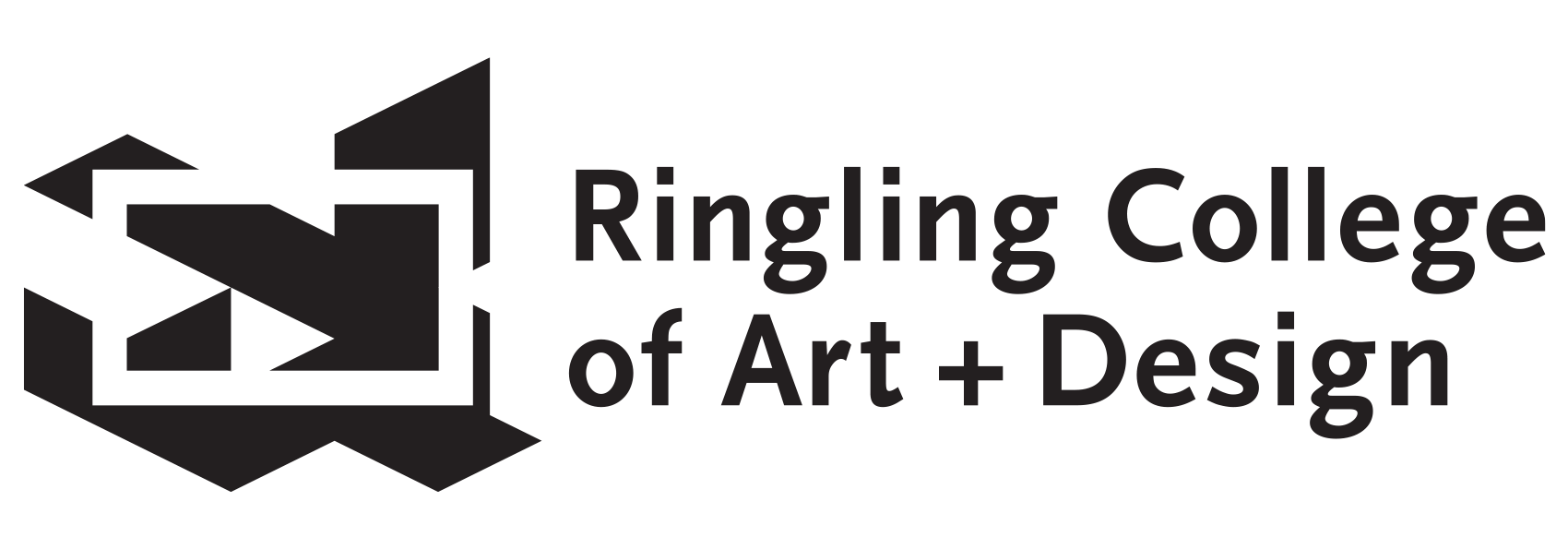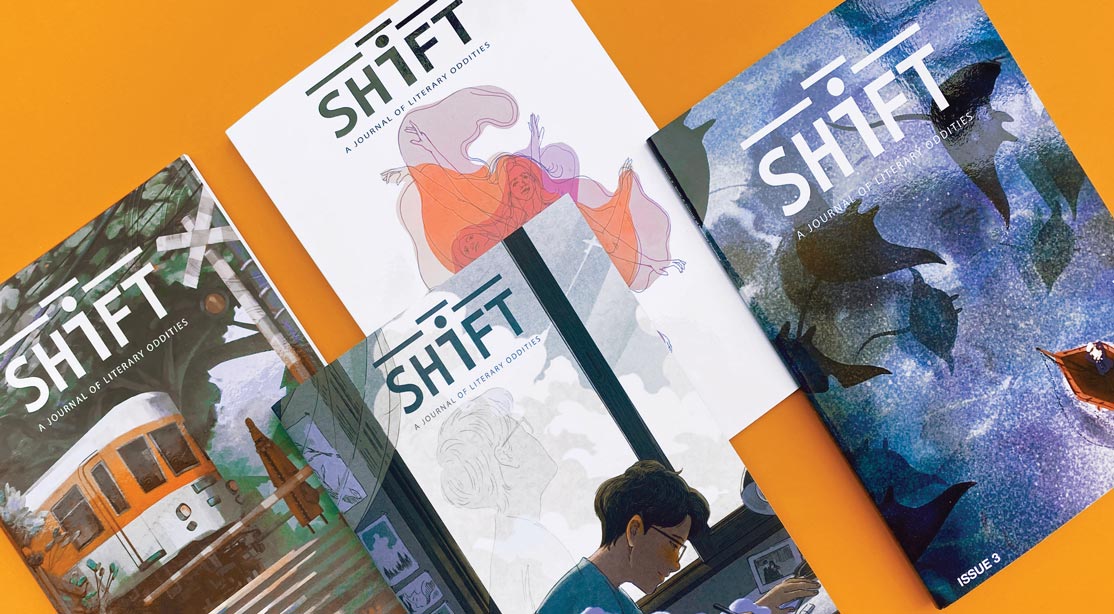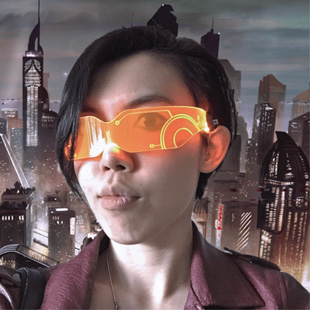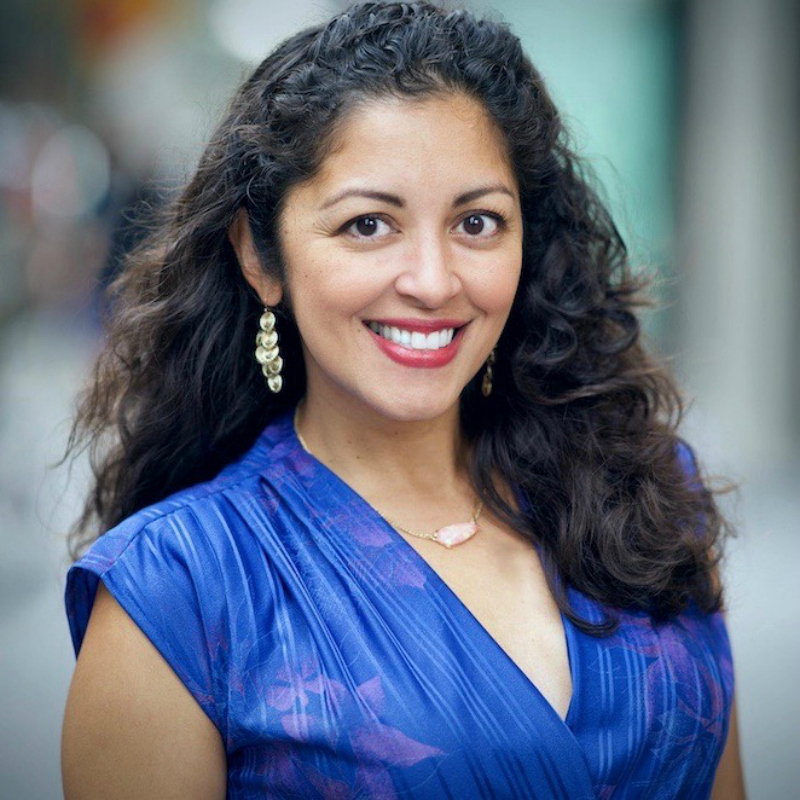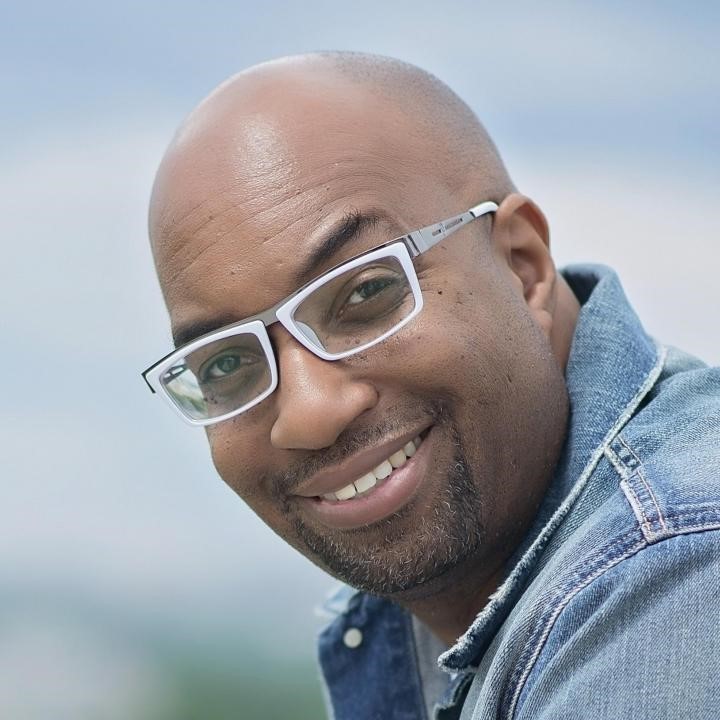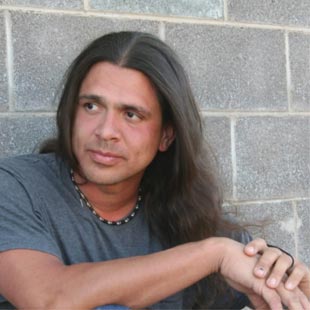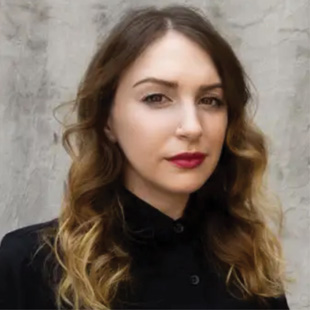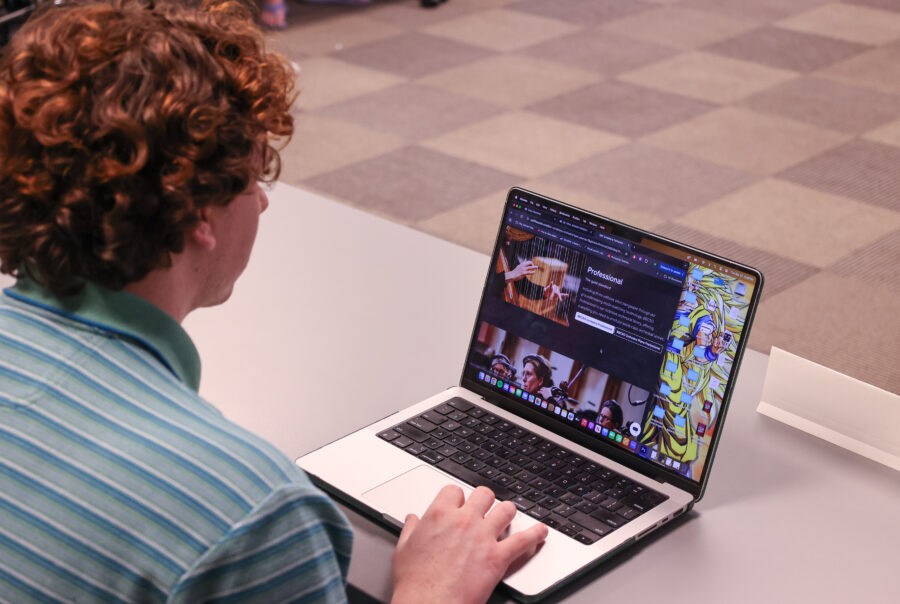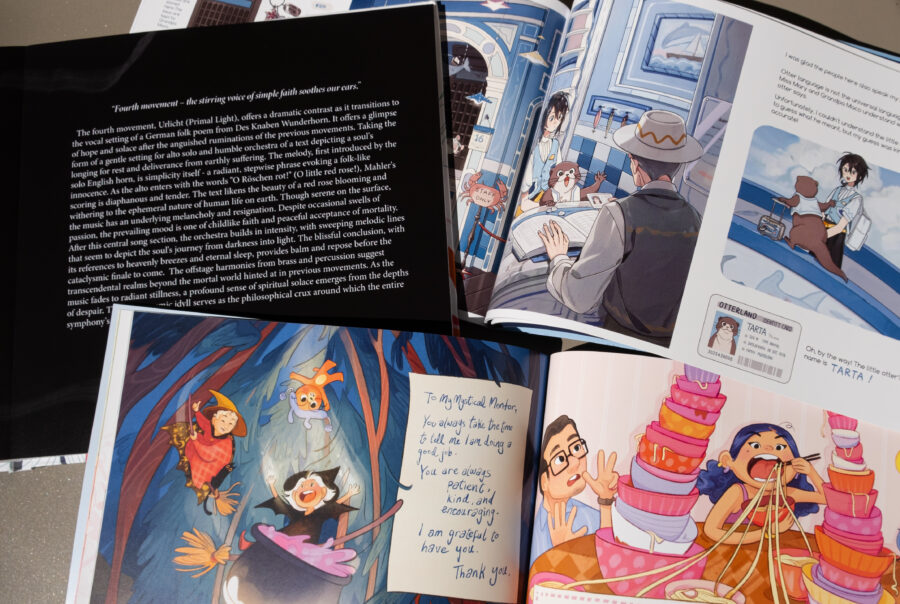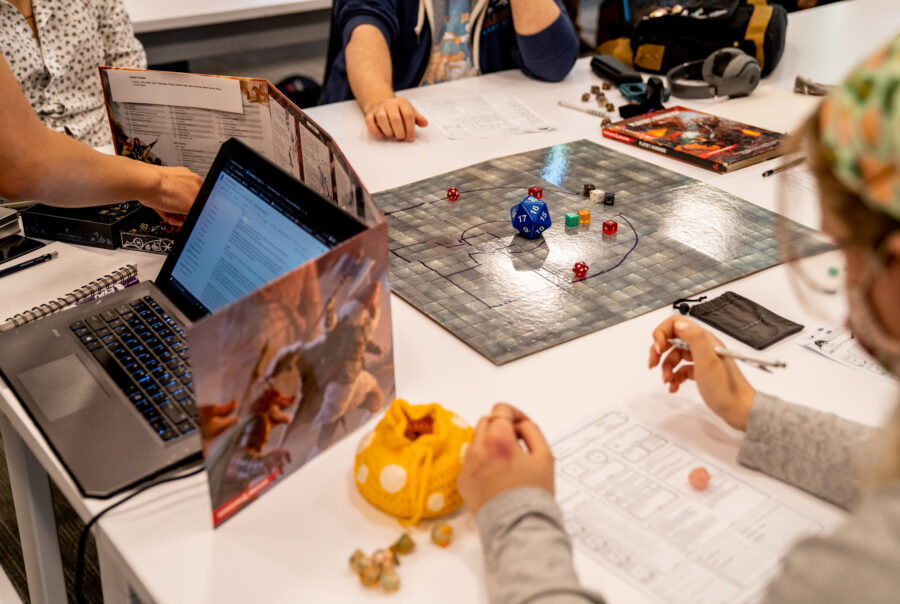Tell your story in this genre-crossing creative writing degree program
Pursuing the Creative Writing degree at Ringling College means joining a group of writers passionate about stories.
Creative Writing majors benefit from craft instruction given by teachers, as well as close interactions with visiting authors, scholars, and publishing professionals. Creative Writing classes cover historical, contemporary, and digital literary forms, with a global perspective. Most importantly, Ringling College students learn by doing. Opportunities to try out a wide range of writing start on day one.
Video Spotlight: Creative Writing
Creative Writing Concentrations
All Creative Writing majors have the option to choose a concentration to focus and further develop their writing pursuits. To earn the distinction, students take three or more classes in one of the following areas and then complete their year-long Senior Capstone project in the same area.
Scriptwriting
Game Writing
Word and Image
Industry Thought Leaders
Our faculty write the books on writing.
Ringling College Press
Founded in 2018, the Ringling College Press gives students firsthand experience with editing and producing real-world products, such as our international literary journal, Shift: A Journal of Literary Oddities, and books such as Anyone’s Game: Opening Moves. This teaching press prepares students for potential careers in the publishing industry. It also promotes research and encourages cultural expression while enhancing and extending the reputation of the Creative Writing major.
The Carl Foreman Award
Ringling College is home to the prestigious Carl Foreman Award—which follows a legacy of honoring emerging filmmakers for over 40 years. Learn more about this monetary award, its history, and the prolific screenwriter, director, and producer who inspired generations of talented writers on the cusp of their creative careers. Film and Creative Writing majors are eligible for this award.
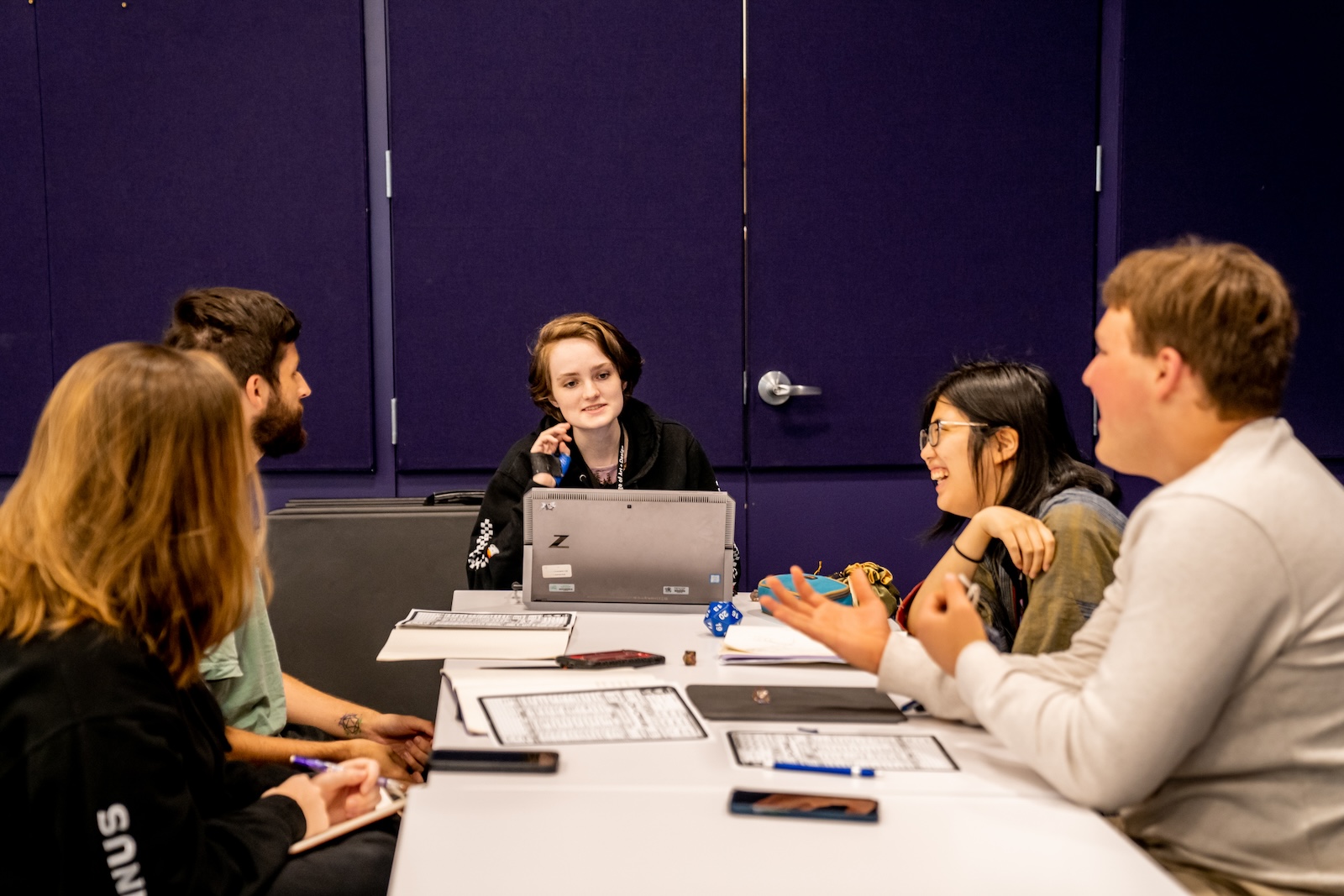
Visiting Writers Forum
Several times per semester, every Creative Writing major at Ringling College participates in the Visiting Writers Forum by reading samples of an author’s work before attending an on-campus reading and talk.
Students discover the various career blueprints directly from successful, working wordsmiths. Visiting professionals include graphic novelists, newspaper editors, literary agents, screenwriters, game designers, and novelists.
Opportunities for Students
Design Center
Put your skills to work at the Design Center, our in-house design firm where you’ll work with dedicated faculty and designers.
Internships
We are constantly connecting with industry professionals to find exciting opportunities for real-world experience.
Studio Labs
Ringling’s Studio Labs give students access to state-of-the-art equipment and resources, including soundstages and post-production.
INDEX
Industry Experience at Ringling College is our promise to provide every student the opportunity to have hands-on industry experience before they graduate.
Where our students have worked.
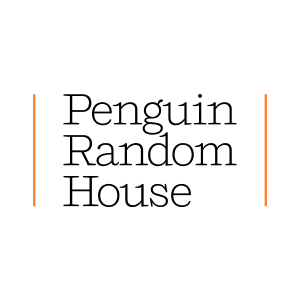
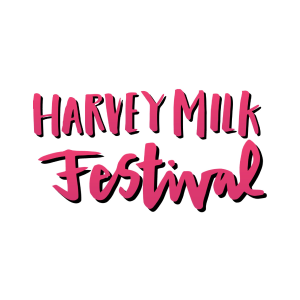
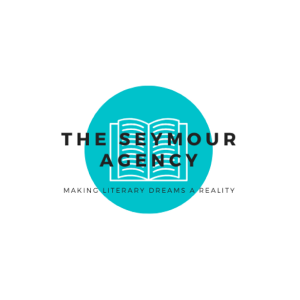
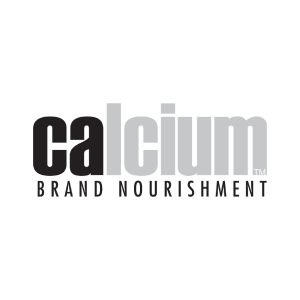
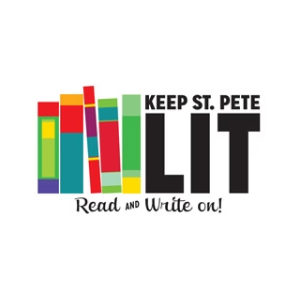
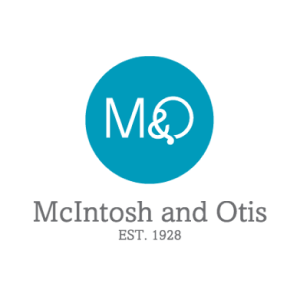
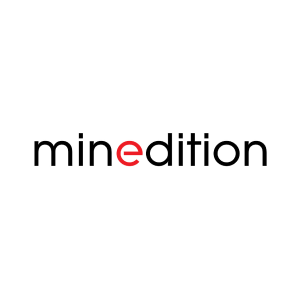
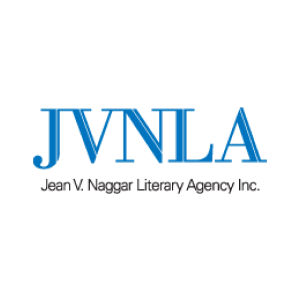
Where our students have been published.
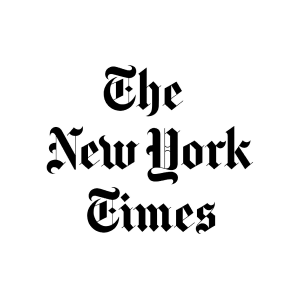
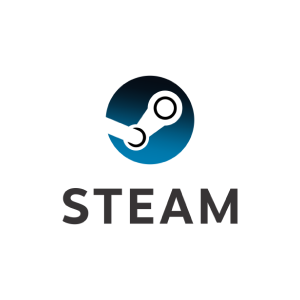

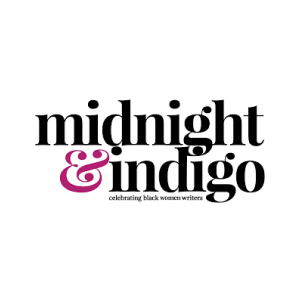
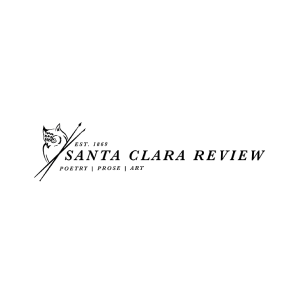
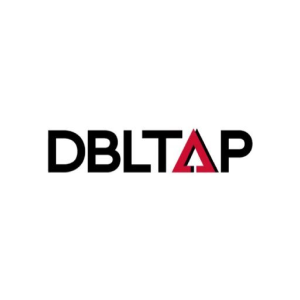
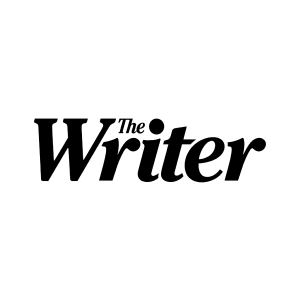
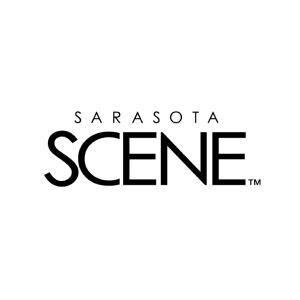
Recent News
We’re here to help you choose your path
No matter what you need or what questions you have, we’ve got you covered.
Ringling’s commitment to experiential learning.
Career Services for life.
Find yourself—and your community.
